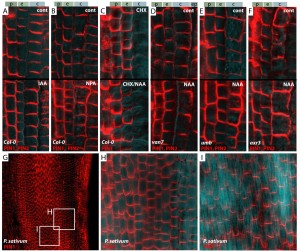
Research Data and the Potti case
Here is what happened briefly: A researcher in Duke University in Durham claimed five years ago that “he had discovered a way to match cancer treatments to a patient’s DNA”¹, a breakthrough that would ensure a greater treatment success rate. Just 2-3 years later, other researchers started doubting the results of his research data. Just now, his mentor t says “it was “abundantly clear” that Potti had manipulated research data in order to support this theory that genomics could aid the treatment of tumors”².
Research Data is the topic of the day in most of the research institutions around the world. Thousand of scientists and researchers work every day to generate a massive amount of data which are briefly explained in research papers and other scientific studies. While the number of research publications is increasing progressively, the number of the research data is not progressing as it should. This has led to a lot of confusion and mistrust in research experiments lately. The research community opinion related to research data is getting its worse every day and as Ioannidis puts it: “There is increasing concern that most current published research findings are false. The probability that a research claim is true may depend on study power and bias, the number of other studies on the same question, and, importantly, the ratio of true to no relationships among the relationships probed in each scientific field.”³.
This case and others related raises the problem of publishing research data. There is one way of ensuring that you’re data are transparent and you are yielding the correct results. Publishing of all the research data! together with any research studies! Something like an Open Science Data in contrast to what the government are trying to do with the Open Government Data movements. For this, better technical standards and application support is needed..

